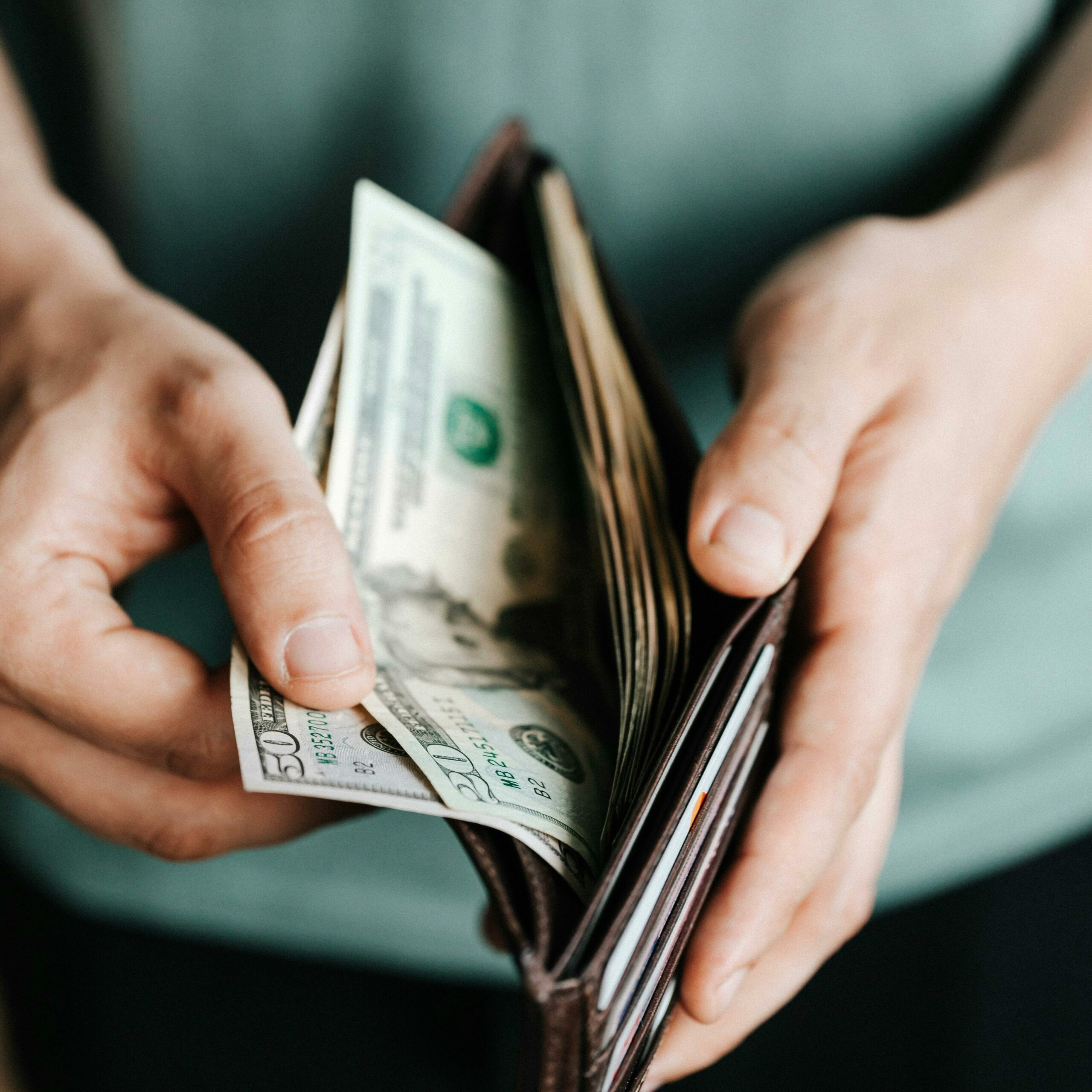
An emergency fund is a crucial component of financial stability. It provides a safety net to help you weather unexpected expenses, such as medical bills, car repairs, or job loss.
A well-funded emergency fund can offer peace of mind and prevent you from going into debt during difficult times. In this blog post, we’ll explore the importance of an emergency fund, how to build one, and tips for maintaining it.
Why You Need an Emergency Fund
An emergency fund is essential for several reasons:
- Unexpected expenses: Life is full of surprises. An emergency fund can help you cover unexpected expenses without going into debt.
- Job loss: Losing your job can be a financial shock. An emergency fund can provide a cushion while you search for a new job.
- Medical emergencies: Medical emergencies can be expensive, even with insurance. An emergency fund can help cover out-of-pocket costs.
- Natural disasters: Natural disasters can cause significant financial damage. An emergency fund can help you recover from such events.
- Peace of mind: Knowing you have a financial safety net can provide peace of mind and reduce stress.

How Much Should You Save?
The ideal amount for your emergency fund depends on your individual circumstances. A common recommendation is to aim for three to six months’ worth of living expenses. This amount should cover your essential costs, such as rent, utilities, groceries, and transportation.
However, if you have a high-risk job or other factors that could lead to significant financial instability, you may want to consider saving more. It’s important to assess your unique situation and determine the appropriate amount for your emergency fund.

Building Your Emergency Fund
Here are some tips for building your emergency fund:
- Start small: Even if you can only save a small amount each month, it’s important to start building your emergency fund. Every dollar counts.
- Automate your savings: Set up automatic transfers from your checking account to your savings account. This will help you save consistently and avoid the temptation to spend the money.
- Cut unnecessary expenses: Identify areas where you can cut back on spending. This could include dining out less, canceling unused subscriptions, or finding cheaper alternatives for certain expenses.
- Sell unused items: Declutter your home and sell any unused items online or at a garage sale. The proceeds can be added to your emergency fund.
- Utilize side hustles: Consider taking on a side hustle to earn extra income. This could involve freelancing, tutoring, or driving for a ride-sharing service.

Maintaining Your Emergency Fund
Once you’ve built up your emergency fund, it’s important to maintain it. Here are some tips for keeping your emergency fund intact:
- Avoid dipping into it: Only use your emergency fund for true emergencies. Avoid using it for non-essential purchases or temporary financial setbacks.
- Replenish it: If you need to use your emergency fund, make it a priority to replenish it as soon as possible.
- Review your budget: Regularly review your budget to ensure you’re still saving enough for your emergency fund. Make adjustments as needed to maintain your savings goals.
- Consider a high-yield savings account: A high-yield savings account can help your money grow faster. Research different banks and credit unions to find the best rates.
- Set financial goals: Having specific financial goals can help you stay motivated to save for your emergency fund.

Additional Tips
- Protect your savings: Consider opening a separate savings account for your emergency fund to keep it separate from your other accounts.
- Be patient: Building an emergency fund takes time. Be patient and consistent with your savings efforts.
- Review your insurance coverage: Ensure you have adequate insurance coverage, such as health insurance, car insurance, and homeowners or renters insurance. This can help protect you from unexpected expenses.
- Consider a rainy-day fund: In addition to your emergency fund, you may want to consider saving for a rainy-day fund. This fund can be used for smaller unexpected expenses that don’t qualify as emergencies.
- Stay informed about financial matters: Keep up-to-date on financial news and trends. This can help you make informed decisions about your finances.
Conclusion
An emergency fund is a crucial component of financial stability. By following these tips, you can build and maintain a strong emergency fund that will provide peace of mind and protect you from unexpected financial challenges.
Remember, it’s important to start saving early and be consistent with your efforts. With discipline and perseverance, you can create a financial safety net that will serve you well for years to come.
Want to take your learning to the next level?
Check out the MyFiLi Online Financial Literacy Course.

With games, quizzes and lessons you will improve confidence with money.
Great for grades 3 and up!
Take advantage of our FREE Trial for Students or Schools / Non Profits.
